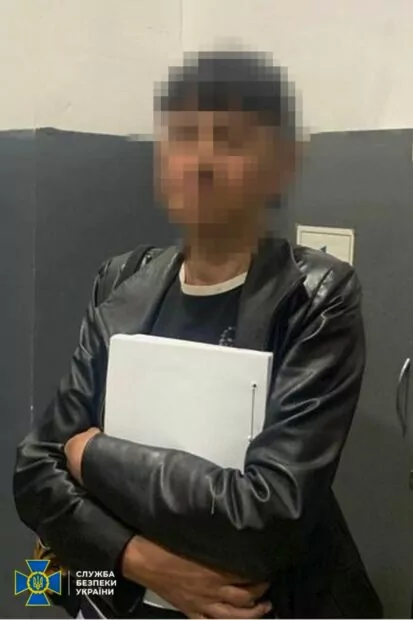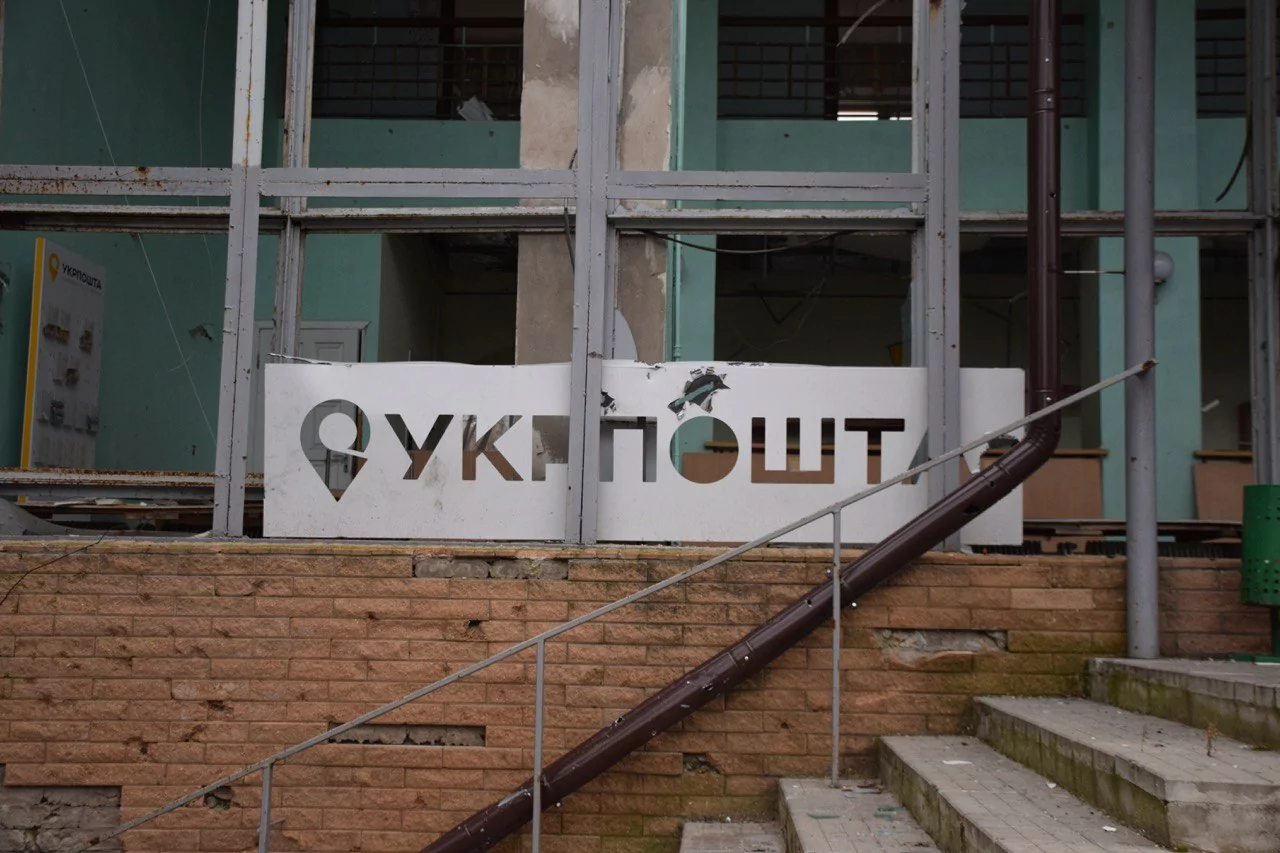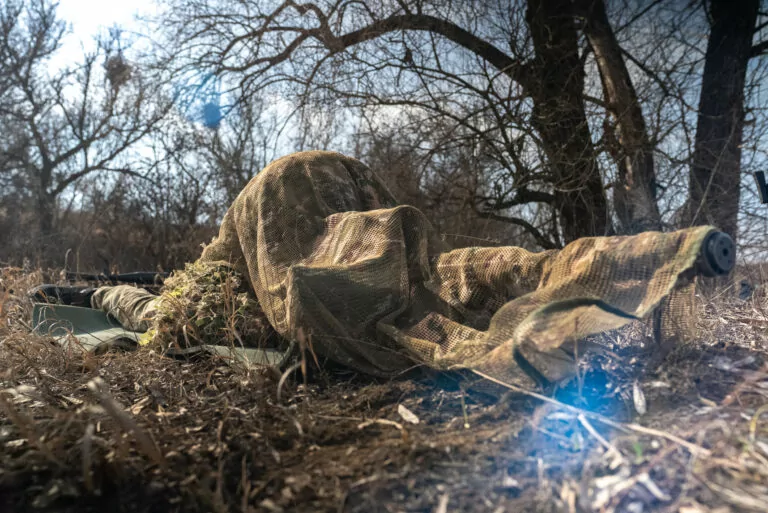Security Service of Ukraine special forces arrested the post office head in Izyum, Kharkiv region, who collaborated with Russia’s military.
During the city’s occupation, the 43-year-old Ukrposhta (Ukrainian Postal Service) employee headed the local branch of the Russian post office at the personal suggestion of the pro-Kremlin “governor of the Izium district”.
“In her new “position”, the offender performed the tasks of the occupation administration to spread the Kremlin regime through postal services. To do this, she organized the distribution of Russian propaganda editions to local residents. Among them were Komsomolskaya Pravda and Kharkov Z. Also, copies of Russian occupation newspapers were forcibly distributed according to the “order” right at the post office,” the SSU stated.
After the city was liberated in September 2022, the woman tried to avoid law enforcement. In particular, she changed her address and phone number. However, officers found and detained the suspect.
The woman has now been notified of suspicion under Part 6 of Art. 111-1 of the Criminal Code of Ukraine (collaboration in the form of information activities in cooperation with the aggressor state and its occupation administration).


The court imposed a measure of restraint in the form of detention. She faces up to 12 years in prison.
As of early May 2023, 140 verdicts in cases of collaborationism (Article 111-1 of the Criminal Code) were handed down in Kharkiv region against 142 people; the Kharkiv Regional Prosecutor’s Office responded to Gwara Media request.
What is “collaborationism”?
Collaborationism refers to cooperating or collaborating with an occupying or dominant power, typically during war, conflict, or foreign occupation. It involves individuals or groups within a country or region aligning themselves with the interests and policies of the occupying power, often in exchange for personal benefits or the hope of gaining advantages for their community.
Collaborationism can take various forms, ranging from passive compliance to active participation in the policies and actions of the occupying power. In some cases, collaborationists may serve as political or administrative leaders, supporting the occupiers and assisting in implementing their policies. They may also act as informants, helping to identify and suppress resistance movements or individuals who oppose the occupying power.
What collaborative acts are considered criminal in Ukraine?
Collaborative endeavors encompass a wide range of activities. In Ukraine, the Criminal Code, specifically Article 111-1, delineates specific actions that the legislature classifies as criminal offenses.
- Public denial of the armed aggression against Ukraine by a citizen of Ukraine; establishment and approval of temporary occupation of part of Ukraine’s territory; public calls by a Ukrainian citizen to support the decisions and (or) actions of an aggressor state and the aggressor state’s armed formations and/or occupation administrations; calls for cooperation with an aggressor state and its armed formations and/or occupation administration; non-recognition of the extension of Ukraine’s state sovereignty over temporarily occupied territories of Ukraine;
All the calls mentioned above and denials made on the Internet or in the media are considered public.
- Implementation of propaganda of the aggressor state by a citizen of Ukraine in educational institutions; implementation of actions aimed at the adoption of the standards of education of the aggressor state in educational institutions;
- transfer of material resources to illegal armed or paramilitary formations of the aggressor state;
- conducting economic activities in cooperation with the aggressor state and illegal authorities;
- organizing and working political / information activities in collaboration with the aggressor state aimed at supporting the aggressor state and / or avoiding its responsibility for armed aggression against Ukraine;
- voluntary holding by a citizen of Ukraine an appointment in illegal authorities, illegal judicial or law enforcement agencies; voluntary participation in illegal armed or paramilitary formations;
- participation in the organization and conduct of illegal elections and / or referendums in the temporarily occupied territory or public calls for such illegal elections and / or referendums;
- providing assistance to illegal armed or paramilitary formations of the aggressor state in conducting hostilities against the Armed Forces of Ukraine and other military formations of Ukraine.
See also
- Assisted in smuggling Ukrainian grain to Russia: man to be tried in Kharkiv. The Kupiansk bakery plant chief engineer cooperated with the Russian invaders during the city’s occupation.
- Russia against journalists: over 20 media workers are victims of war crimes. Reporters Without Borders (RSF) recorded over 50 cases of Russians directing artillery fire against journalists. In half of the cases, this was done purposely.
- War crimes in Kharkiv Oblast: 37 Russian servicemen notified of suspicion. Crimes committed by the military personnel of the aggressor state and representatives of Russian private military companies must not go unpunished.




